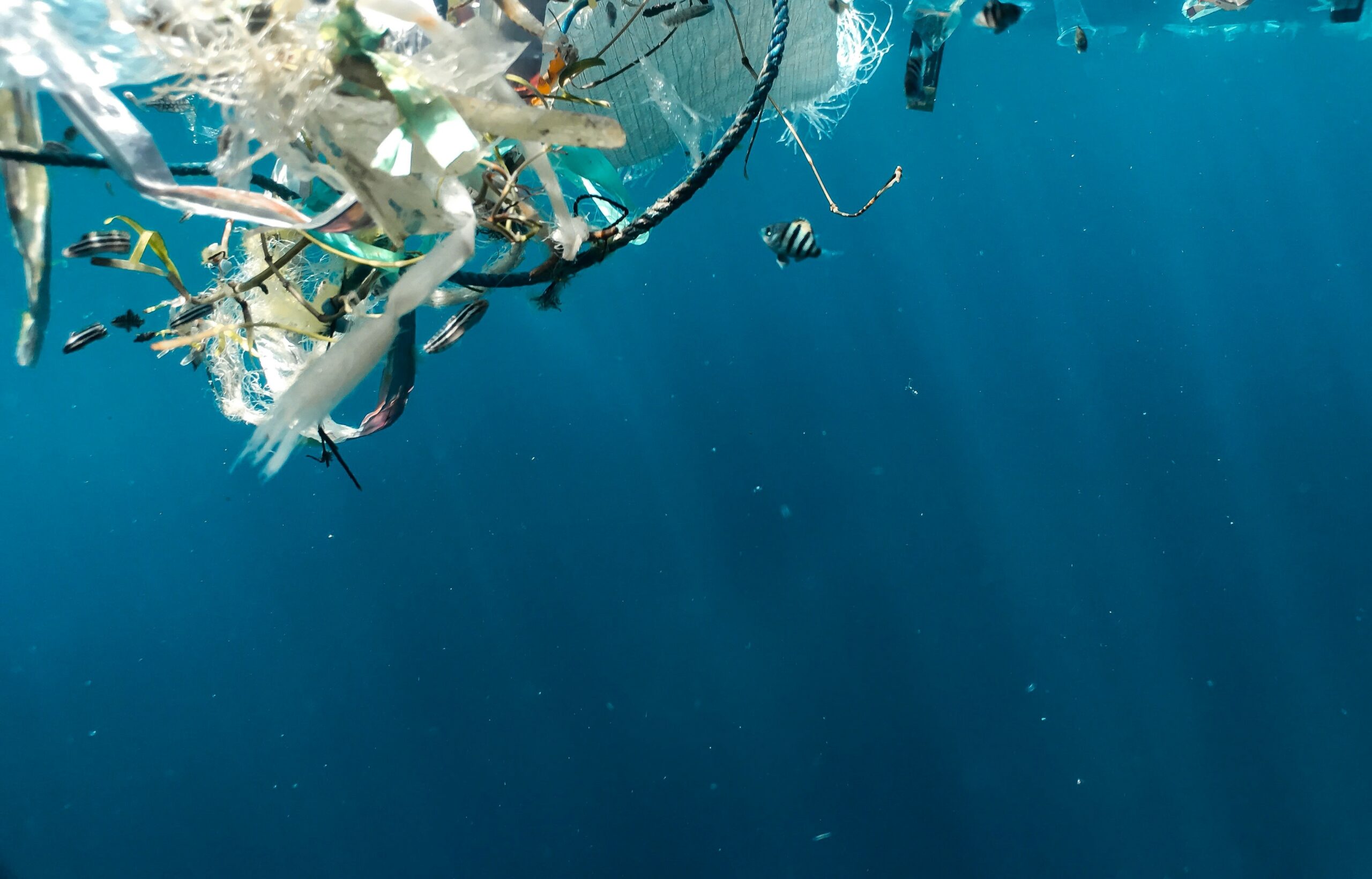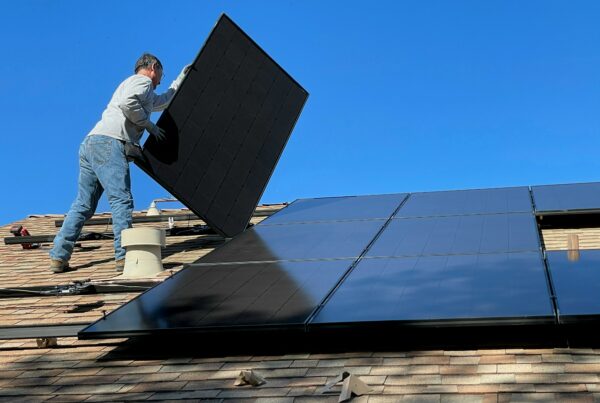Contractors Pollution Liability Insurance
Every day, operations-related environmental risks confront contractors, regardless of industry. A single pollution incident or loss can seriously harm the reputation, operations, and even balance sheet of the majority of contractors. Even worse, pollution incidents can happen suddenly or slowly over time.
The unfortunate reality is that the majority of commercial general liability (CGL) policies contain pollution exclusions, leaving contractors uninsured in the event of a pollution incident, despite the fact that many contractors believe that environmental claims will be covered by their CGL policy.
Fortunately, contractors are turning to contractors’ pollution liability (CPL) insurance more and more to make sure they have the right coverage in place to stay safe and profitable.
CPL Coverage Basics
Third-party coverage for bodily injury, property damage, defense, and cleanup as a result of sudden or gradual pollution incidents resulting from contracting operations carried out by or on behalf of the contractor is provided by CPL policies, which are contractor-based insurance. The goal of CPL insurance is to cover all kinds of contracting operations, like building construction contractors and environmental companies that clean up polluted sites.
CPL policies can be purchased on an occurrence or claims-made basis. Additionally, because CPL policies are nonstandard, each policy is unique and can be customized to meet the specific requirements of the contractor purchasing it. Policies can be offered for a single project or for a whole program.
CPL policies can also be used to cover losses caused by civil penalties, fines, and punitive damages in some cases.
Covered Pollution Incidents
Contractors should be aware that the kinds of pollution incidents covered by CPL insurance policies vary. When looking at CPL insurance policies, two important things to keep in mind are:
- whether or not the policy will respond to pollutant releases over time, as opposed to ones that occur suddenly or by accident.
- The kinds of things that, according to the policy, are categorized as “pollutants.”
Contractors typically benefit from a broader range of coverage from policies that cover both gradual and sudden releases of pollutants. Additionally, policies with a broader definition of pollutants are regarded as superior to those with a narrower one. As a result, contractors should work with their broker to find a CPL policy that fits their needs.
CGL Pollution Exclusions
The numerous pollution exclusions found in the majority of CGL policies are one of the primary reasons contractors obtain a CPL policy. The majority of CGL policies’ pollution exclusions take one of two forms: total” or “absolute”).
The majority of pollution-related events that would occur during an insured’s business operations are excluded from coverage under CGL policies that have an absolute pollution exclusion. However, despite its name, an absolute pollution exclusion may maintain coverage for specific off-premises work, product and finished operations liability, and incidental pollution damages.
However, a “total pollution exclusion” that is more stringent is more frequently included in CGL policies. Any event that the insurer classifies as a pollution incident is effectively excluded from coverage by this kind of exclusion.
Contractual Requirements
Another factor that encourages a lot of contractors to get a CPL policy is the necessity of the contract. Contractors will frequently be required to obtain pollution insurance that satisfies specified, predetermined standards by project owners and general contractors.
From this point of view, having a CPL insurance policy in place can act as an early sales tool during the bidding process, allowing contractors to qualify for opportunities that require such coverage.
Finding the Right Policy
Regardless of their field, contractors should be aware of the potential for pollution from their work. Even in the most unlikely of scenarios, a CPL insurance policy can provide much-needed security in the event of pollution.
Collaborate with Knauf Maxwell Insurance Services to select the appropriate CPL coverage for your business.
This Coverage Insights is not meant to be comprehensive, and nothing in it should be interpreted as legal advice. For appropriate guidance, readers should contact legal counsel or an insurance professional.





